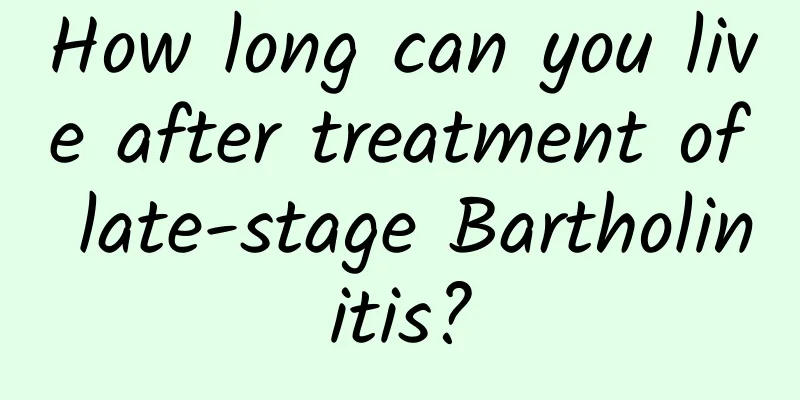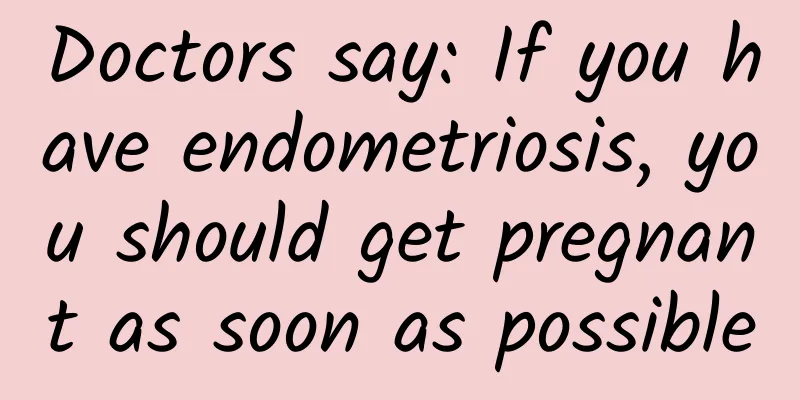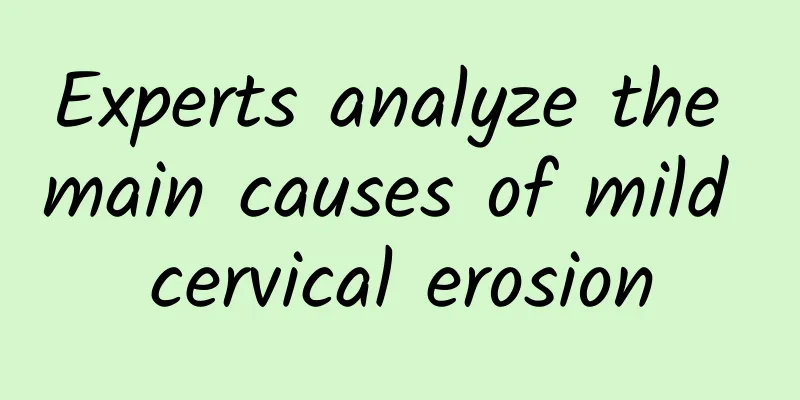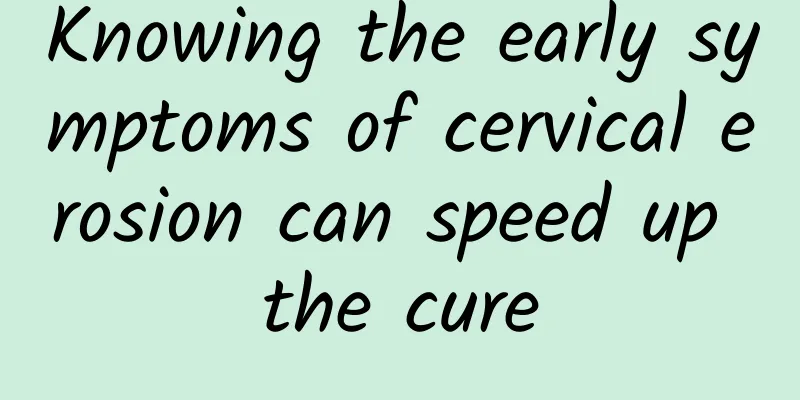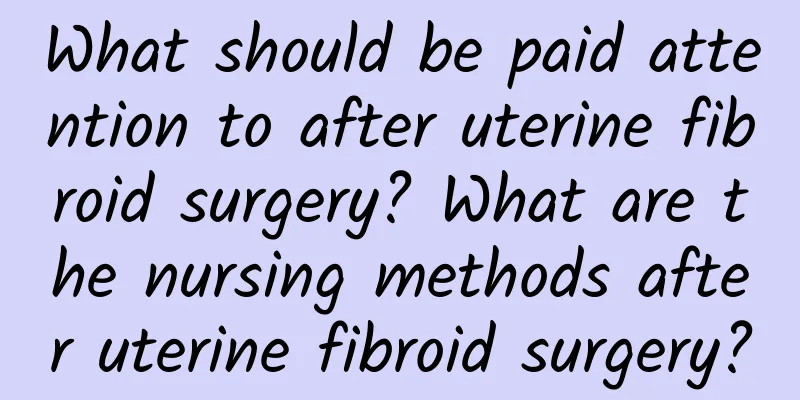What can't you eat if you have adenomyosis?

|
Patients with adenomyosis should avoid high-fat foods, spicy foods, and high-estrogen foods. A reasonable diet can effectively reduce the recurrence of symptoms, relieve discomfort such as dysmenorrhea and irregular menstruation, and reduce the risk of further aggravation of the disease. 1) Avoid high-fat foods High-fat foods such as fried foods, animal offal, and fatty meat will increase the level of estrogen in the body, and adenomyosis is usually related to excessive secretion of estrogen in the body. Increased estrogen may cause the lesions to spread and aggravate menstrual pain. It is recommended to minimize the intake of high-fat foods and choose a low-fat, high-protein diet, such as fish, chicken breast, and soy products. 2) Reduce spicy food Spicy foods such as chili peppers, pepper, and spicy hot pot can easily aggravate uterine congestion and spasm, which can cause obvious menstrual pain and even induce menstrual disorders in patients with adenomyosis. Moreover, such foods may increase the body's inflammatory response, which is not conducive to alleviating the condition. Patients can try to replace spicy foods with mild condiments, such as ginger, mint, and other small ingredients that help promote blood circulation. 3) Avoid high-estrogen foods Some foods are rich in natural estrogen. Excessive intake can lead to an imbalance in hormone levels in the body and further stimulate adenomyosis, such as excessive intake of soy products, royal jelly, and certain phytoestrogen extracts. Patients with adenomyosis should pay attention to controlling the daily intake of these foods to avoid indirectly aggravating the condition. It is recommended to consult a professional doctor to adjust the dietary hormone intake. Health Tips: Patients with adenomyosis should follow the principle of light, low-fat diet to ensure balanced nutrition. They should eat more foods rich in dietary fiber, such as whole wheat bread, oats, sweet potatoes, etc., to help improve hormone balance in the body. At the same time, in order to relieve inflammatory reactions, they can increase the intake of foods rich in Omega-3 fatty acids, such as salmon and walnuts. Appropriate supplementation of vitamins D and E can also help relieve pain symptoms, such as eating more vegetables rich in vitamins, such as broccoli, carrots, spinach, etc. Adjusting your diet can help relieve the uncomfortable symptoms of adenomyosis. The effect will be more significant if you follow the doctor's treatment plan. Be sure to pay attention to dietary details and follow up regularly to control the condition. |
<<: Is vaginitis the same as acute vaginitis?
>>: What medicine should I take for stomach pain caused by adnexitis?
Recommend
What does it mean if there is little bleeding after abortion? 4 reasons for the little bleeding after abortion
If the abortion is clean and the uterus has good ...
Eating kelp can help you lose weight. Alginic acid inhibits fat absorption.
As the weather gets colder, the body's basal ...
How can women self-check for uterine fibroids?
When uterine fibroids are severe, they are very h...
What are the symptoms of cervical erosion in women? Reveal the 4 common symptoms of cervical erosion in women
Cervical erosion is a very common gynecological d...
Prevention of adnexitis should start from daily life
The onset of adnexitis troubles many women. Patie...
Will menopause occur at 50?
Will menopause occur at 50? People usually enter ...
Abnormal leucorrhea, like runny nose, a little yellow
Abnormal leucorrhea that is like runny nose and a...
Too high aluminum content! Fried dough sticks may be a killer of intelligence
Aluminum-containing foods explode in series! Sinc...
What to do with pelvic fluid accumulation after hysterectomy
What to do if there is pelvic fluid accumulation ...
What to eat for nonspecific vaginitis?
What to eat for nonspecific vaginitis? During the...
Experts analyze the causes of irregular menstruation
Irregular menstruation is a physiological disease...
No need to enter the water! Frog pose 1 move to slim down inner leg meat
The accumulation of fat on the inner thighs is de...
What are the diagnostic methods for pelvic peritonitis?
Pelvic peritonitis refers to inflammation of the ...
What are the symptoms of ectopic pregnancy?
Many women do not know whether they have an ectop...
Is benign ovarian cyst serious? How to treat it effectively?
Is benign ovarian cyst serious? What is the best ...



